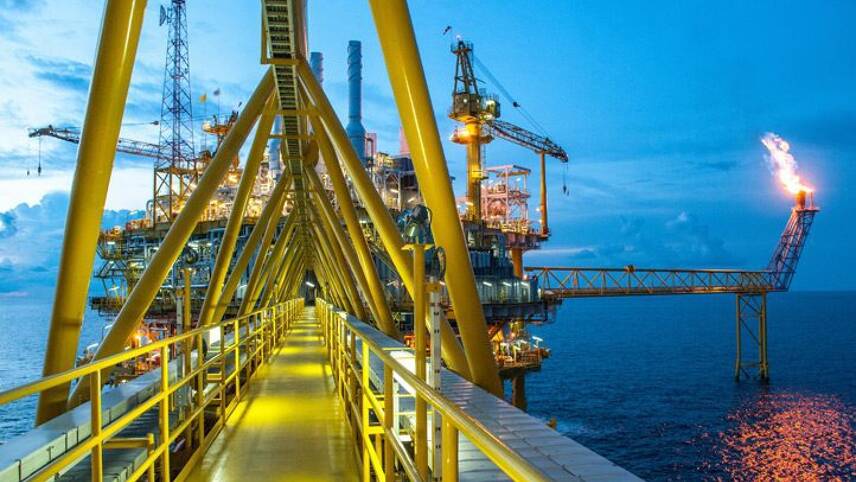Register for free and continue reading
Join our growing army of changemakers and get unlimited access to our premium content

The investors will now launch a pilot programme to trial the standard with volunteering businesses including BP
The ‘Net Zero Standard for Oil and Gas’, published today (15 September), outlines the actions that oil and gas companies should be taking and how they should be reporting on those actions to inform investors.
The standard aims to create a framework that gives investors a better understanding of how different oil and gas companies are targeting net-zero, namely by comparing levels of ambitions, capital expenditure, governance and disclosure.
It has been developed by the Institutional Investors Group on Climate Change (IIGCC), the Transition Pathway Initiative (TPI) and more than 20 global investors will collective assets totalling $10.4trn.
The investors will now launch a pilot programme to trial the standard with volunteering businesses including BP, Eni, Repsol, Shell and Total.
“In order for investors to play their role, we need to be able to meaningfully compare different company strategies whilst recognising that there is no one size fits all approach. Assessing the credibility and adequacy of company transition plans is a technically complex task,” Chair of the Investor-Company process to develop the Standard and chief responsible investment officer of the Church of England Pensions Board Adam Matthews said.
“Our aim in developing this Oil and Gas Sector Net Zero Standard is to allow us to do that. It will encourage the consistency of reporting that we need to make this comparison, and it also identifies the strategies that oil and gas companies may include in their net-zero transition plans. Ultimately, this is intended to create a level playing field in transition plan reporting so that we can understand, compare, contrast, and robustly perform our role as long term stewards of our assets.”
Cambo and carbon
Last year, TPI assessed 59 of the world’s largest publicly listed oil, gas and coal firms on their historic emissions intensity – and what their emissions intensity would need to look like in a 2C world. It found that none are on track to bring their emissions intensity down to a Paris-compatible level by mid-century.
While seven companies – Glencore, Anglo American, Shell, Repsol, Total, Eni and Equinor – have set climate targets in line with the Nationally Determined Contributions (NDCs) of the nations in which they are headquartered, the TPI has long taken the stance that current national climate commitments will result in at least 3C of warming. The UN’s Environment Programme (UNEP) has calculated that 3.2C of warming is likely given current levels of national action.
While some oil and gas majors have unveiled net-zero ambitions, analysis from Carbon Tracker found that even “leading” companies in the sector are likely to see at least 40% of their portfolios becoming uncompetitive in a Paris-aligned world.
The new standard comes as the UK’s net-zero transition continues to be thrown into doubt. Earlier this month, environmental groups and the Government’s own climate advisors pushed for new North Sea oil and gas projects to be stopped, after the sector’s industry body argued the case for up to 18 new projects.
Trade body OGUK outlined that the sector stands ready to invest up to £21bn in the next five years. Much of this funding, the report states, will go towards extending the working lives of existing projects, but there are also 18 additional projects in the pipeline.
Should the Government approve all forthcoming applications for new and existing projects, OGUK estimates, an additional 2.7 billion barrels of oil could be extracted from the North Sea.
Ministers are facing mounting calls to end new North Sea oil and gas licensing and to halt specific projects – the most high-profile being the Cambo oilfield proposed by Siccar Point Energy and Shell. Should the project go ahead, more than 800 million barrels of oil would be extracted there.
The Conservative Party has not confirmed whether it intends to support the Cambo project, but is facing mounting calls to block and planned expansion.
Earlier this week, Scottish First Minister Nicola Sturgeon called on British Prime Minister Boris Johnson to reassess any licensing case for the oilfield, which had licensing approval in 2001 and must now get permission to start production.
Matt Mace


Please login or Register to leave a comment.